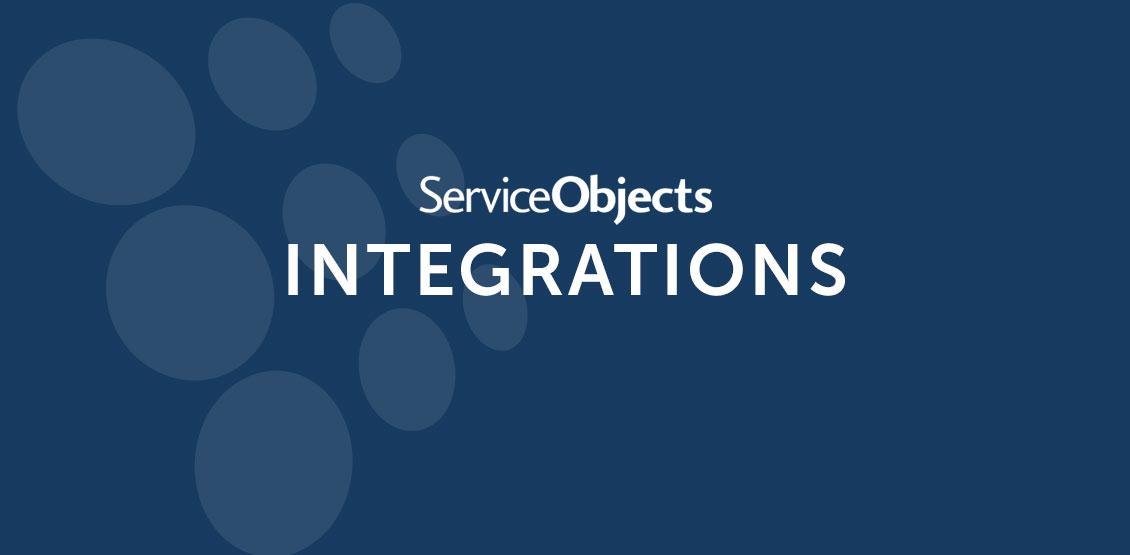In the era of big data, marketing professionals have added basic data analysis to their toolboxes. However, the data they’re dealing with often requires significantly deeper analysis, and data quality (Is it Accurate? Current? Authentic?) is a huge concern. Thus, data scientists and marketers are more often working side by side to improve campaign efficiencies and results.
What is a Data Scientist?
Harvard Business Review called the data scientist profession “the sexiest job of the 21st century” and described the role of data scientist as “a hybrid of data hacker, analyst, communicator, and trusted adviser.”
The term data scientist itself is relatively new, with many data scientists lacking what we might call a data science degree. Rather, they may have a background in business, statistics, math, economics, or analytics. Data scientists understand business, patterns, and numbers. They tend to enjoy looking at diverse sets of data in search of similarities, differences, trends, and other discoveries. The ability to understand and communicate their discoveries make data scientists a valuable addition to any marketing team.
Data scientists are in demand and command high salaries. In fact, Robert Half Technology’s 2017 Salary Guides suggest that data scientists will see a 6.5 percent bump in pay compared to 2016 (and their average starting salary range is already an impressive $116,000 to $163,500).
Why are Marketers Working with Data Scientists?
Marketers must deal with massive amounts of data and are increasingly concerned about data quality. They recognize that there’s likely valuable information buried within the data, yet making those discoveries requires time, expertise, and tools — each of which pulls them away from their other important tasks. Likewise, even the tried-and-true act of sending direct mail to the masses can benefit from a data scientist who can both dig into the demographic requirements as well as ensure data quality by cross referencing address data against USPS databases.
In short, marketers need those data hackers, analysts, communicators, and trusted advisers in order to make sense of the data and ensure data quality.
A Look at the Marketer – Data Scientist Relationship
As with any collaboration, marketers and data scientists occasionally have differences. They come from different academic backgrounds, and have different perspectives. A marketer, for example, is highly creative whereas a data scientist is more accustomed to analyzing data.
However, when sharing a common goal and understanding their roles in achieving it, marketers and data scientists can forge a worthwhile partnership that positively impacts business success.
We all know that you’re only as good as your data, making data quality a top shared concern between marketers and data scientists alike. Using tools such as data validation APIs, data scientists ensure that the information marketers have is as accurate, authoritative, and up to date as possible. Whether pinpointing geographical trends or validating addresses prior to a massive direct mail campaign, the collaboration between marketers and data scientists leads to increased campaign efficiencies, results, and, ultimately, increased revenue for the company as a whole.













